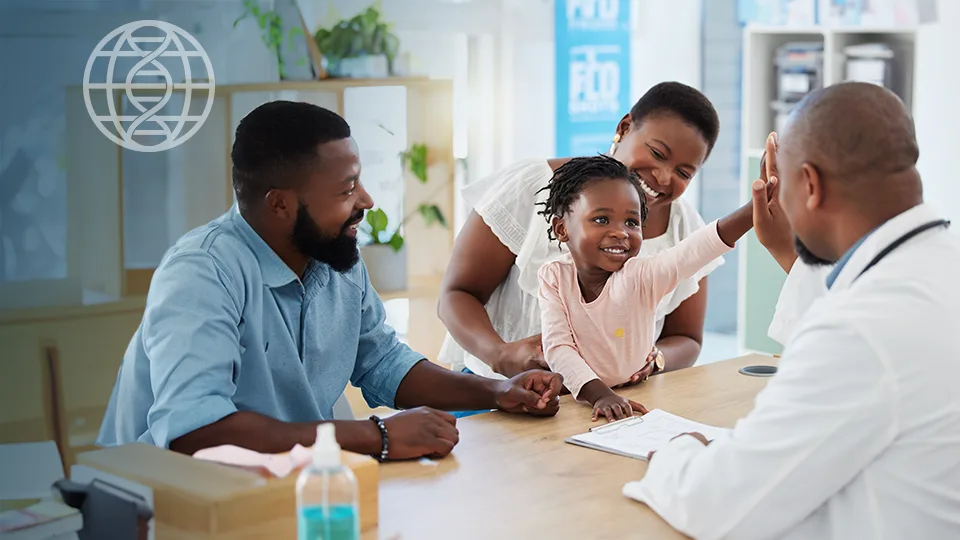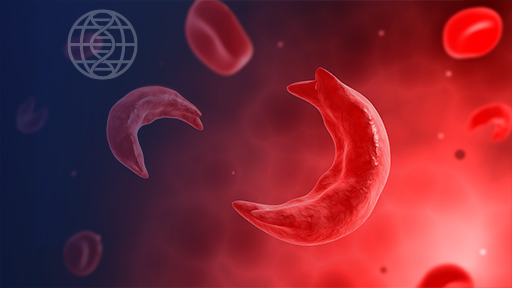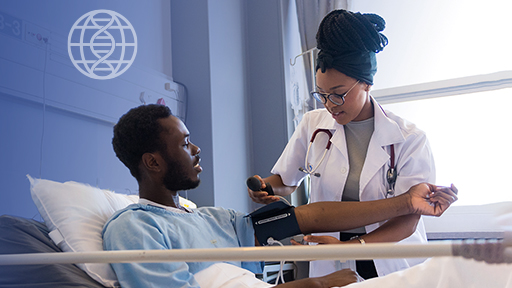Discuss these questions with your doctor or clinical trial team.
Explore this page
Overview/General Questions
- How is eligibility determined for sickle cell disease gene therapy?
- If I participate in a gene therapy clinical trial, what happens to the treatments I am currently taking for my sickle cell disease (e.g., hydroxyurea, pain medications)?
- What are the steps in the gene therapy process?
- How will receiving gene therapy clinical trial affect my physical and mental health?
- Is gene therapy right for ME?
- Where will I be able to receive gene therapy?
- I’ve heard gene therapy being called “transformative therapy”, what does that mean?
Risks
The Democratizing Education Project welcomes your feedback about the sickle cell disease gene therapy resources. Please email your comments or questions to DemocratizingEd@mail.nih.gov.
These educational materials are for informational purposes only. They are meant to promote your general understanding of gene therapy for sickle cell disease. We encourage you to use these educational materials to talk with your healthcare provider or a clinical trial team.
Last updated: September 27, 2024









